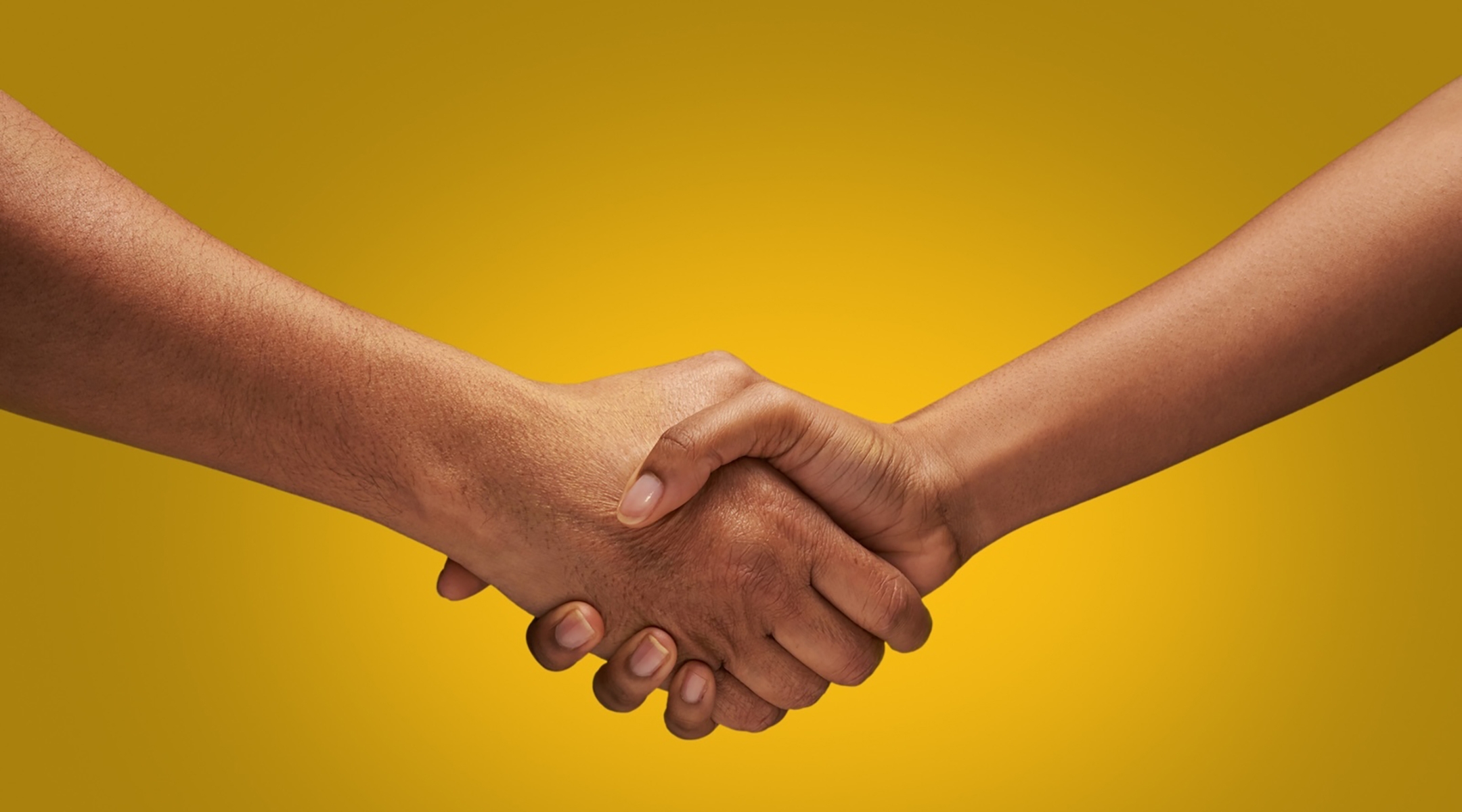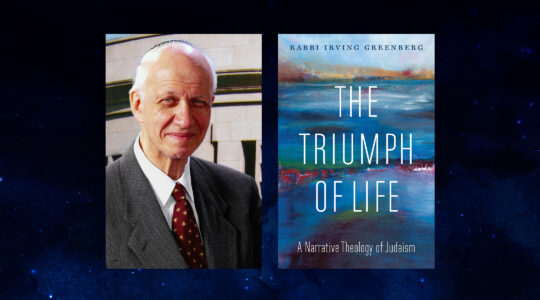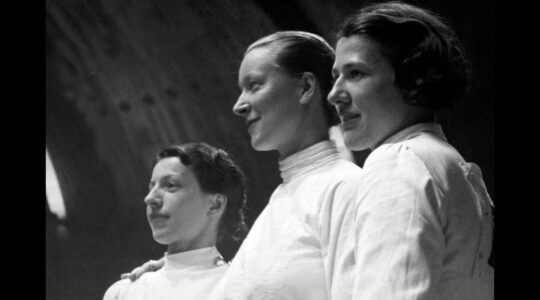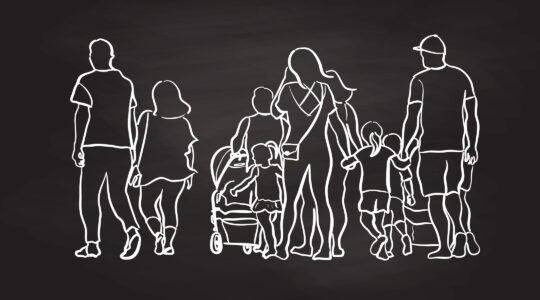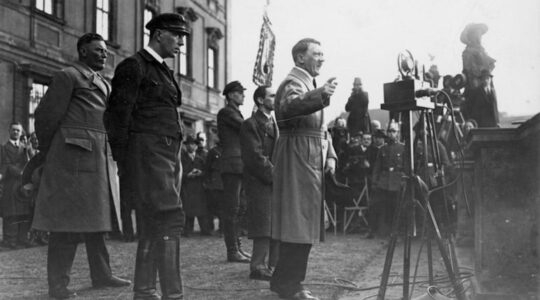This story was originally published on My Jewish Learning.
A beloved friend has barely been able to speak with her brother since the fall. She has a rich Jewish life, has Palestinian friends and experiences grief at the war in Gaza. Her brother also has a rich Jewish life and strongly voices his support for Israel and its operations in Gaza. Communication between them grew terse and judgey, and quickly petered to a tense silence.
I’ve heard many such stories this year about family, old friends, colleagues. I even know of marriages in which the war cannot be discussed, planting a new inhibition that begins to seep into everything.
I want better for us. On the other side of this terrible time we are in, I want there to be a Jewish community that can still hold each other in love. I want friendships and family relationships to emerge intact. I don’t want this to be the time people point back to as the moment the unhealable schisms emerged. How do we hold conflict now so we can still be family in the future?
The Talmud (Eruvin 13b) tells of a dispute between the students of Hillel and the students of Shammai. We are not told what the dispute is about, only that it has been raging for three years. These rival circles are, in my imagination, close to fisticuffs when a bat kol, a heavenly voice, clears its throat and famously proclaims: Eylu v’eylu divrei Elohim chayim. Both these and these are the living words of God.
This is unexpected. Instead of simply declaring who is right, the heavenly voice announces that there is something divine flowing through both camps, even if their conclusions are in opposition.
This is a radical thought — that the argument of the person whom we are so quick to dismiss as misinformed or uncaring or naive might nonetheless be divinely inspired. Perhaps if we look carefully enough, if we can peer through the tough words and argumentative heat, we might perceive a holiness underlying our adversary’s words, just as we might imagine a holiness underlying our own position.
Hearing the divine in your opponent’s words is a big ask in these tense times. We are all made in the divine image, the Torah tells us, so maybe we can find the divinity in each other’s words by listening closely for the deep humanity within them. When you say words about the war, words that I think are wrong, can I let myself hear the deep humanity, the divine humanity, that is vibrating underneath them? Can I hear your fear for Jewish survival, the pain of your ancestors, your desire to belong, your hope for a better world, your prayer for peace? Can you hear mine?
What would it be like to listen to the adversary who is also a childhood friend or colleague or cousin and say, “I hear your words, and I’m hearing in them a fear for our future. Am I right? I fear for our future too, although I am led to a different conclusion.”
This is a skill I want for all of us, to find what connects us at the root even though it blossoms differently in each of us. I should point out that while this can help us carry conflict less damagingly, I am not suggesting that everyone’s view is right and everybody wins. Because sometimes a decision needs to be made, a course laid. Perceiving divinity on all sides doesn’t change that. In fact, in our Talmud story, after announcing the divinity in the views of both parties, the heavenly voice declares: “However, the law is in accordance with the school of Hillel.”
If both views are God’s living words, why does the school of Hillel carry the day? The Talmud says it is because the school of Hillel is notably humble in its process, listening, restating and trying to understand the arguments of the school of Shammai before venturing their own ideas. This is an ancient way of saying, “I hear you” — and meaning it.
It’s also worth noting that the legal rulings of the school of Hillel are generally more lenient and favor compassion. They are rulings designed with kindness in mind, while those of the school of Shammai elevate principle over impact. This seems to suggest that the choices we make should not cause harm. All things being equal, go with the viewpoint that effects a net increase in happiness.
So that’s the recipe for holding conflict. It might not bring agreement, but it could change who we are in these conflicts and who we are after them. Let’s not give up on each other. Let us bet on a future we can’t quite see, in which we still care about each other, still talk, and still see the divine humanity in each other’s words.

